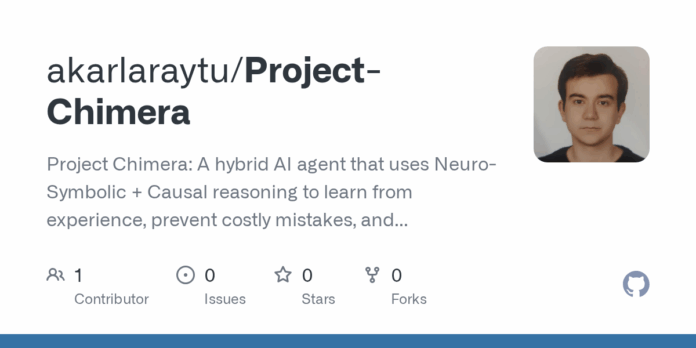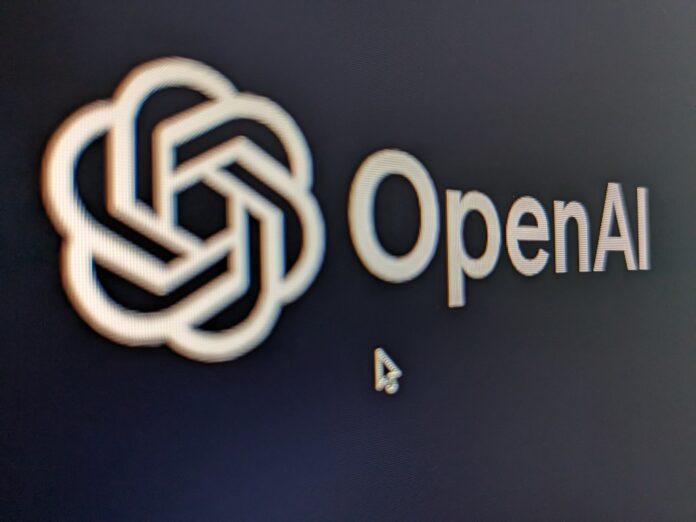Unlocking Business Potential with Project Chimera
In an era where AI can excel, Project Chimera sets a new standard for decision-making in strategic business environments. This advanced AI agent transcends the limitations of standard Large Language Models (LLMs) through a unique Neuro-Symbolic-Causal architecture.
Why Choose Project Chimera?
- Safe & Explainable Decisions: Prevents catastrophic mistakes seen in LLMs alone.
- Proven Profitability: Our agent generated a profit of $2,643.72, a stark contrast to the -$262 billion loss from LLM-Only approaches.
- Dynamic Learning: Engages in continuous adaptation, outpacing static models and achieving nearly 2x higher profit.
Key Features:
- Multi-Hypothesis Reasoning: Evaluates multiple strategies for optimal outcomes.
- Interactive Strategies: Provides a real-time, engaging analysis platform.
Join the evolution! Explore how Project Chimera can revolutionize your AI applications today.
👉 Let’s connect and share your insights!






